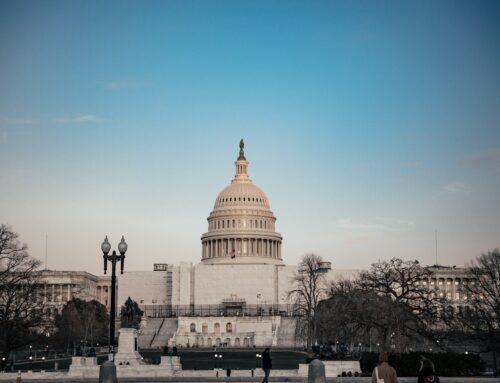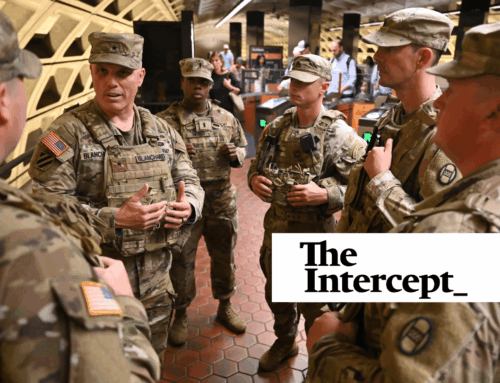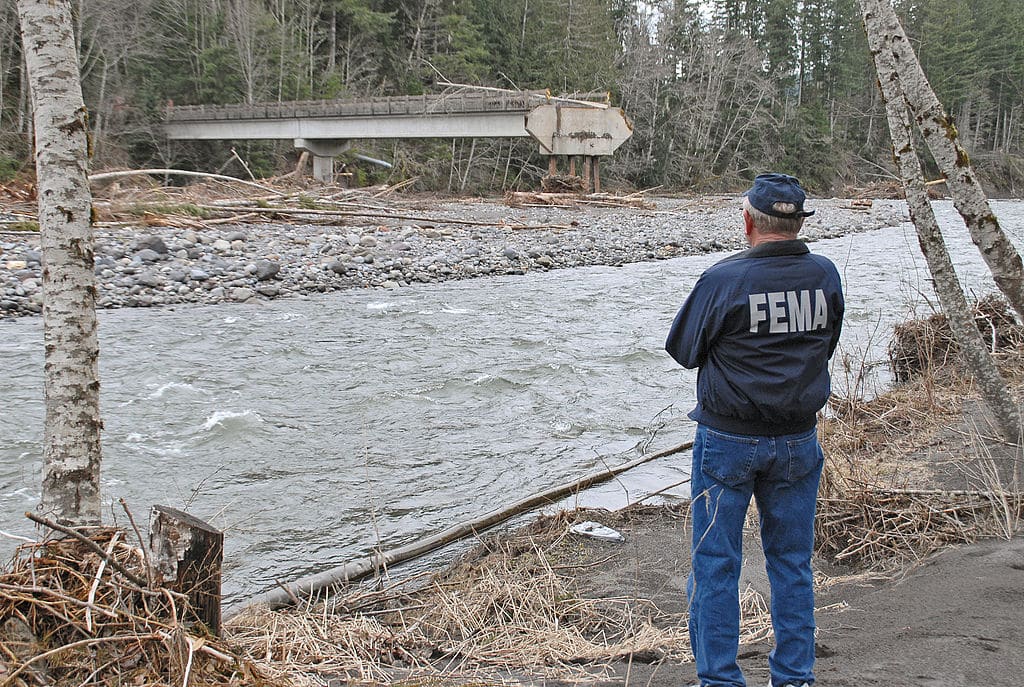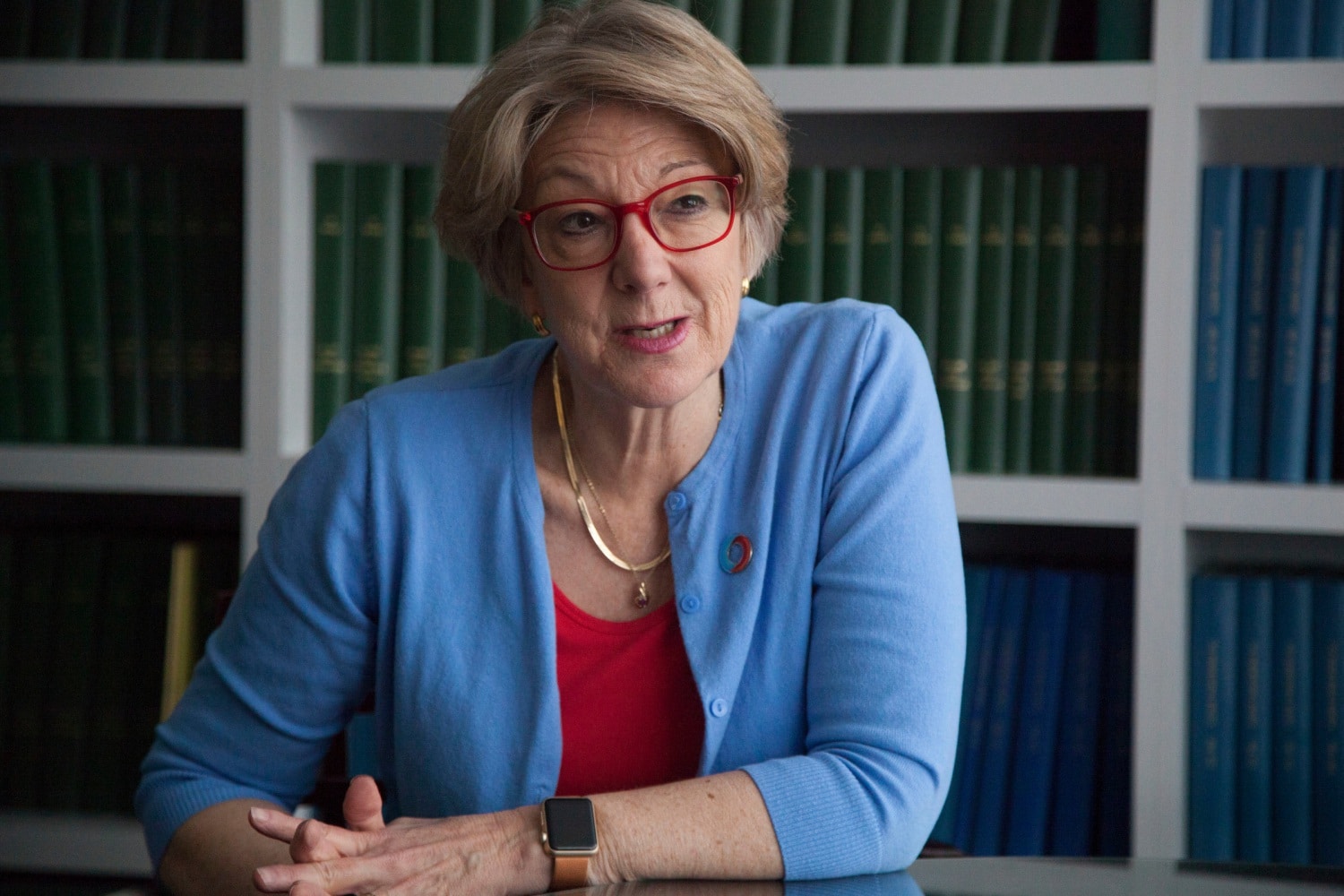The Honorable Stephanie Tubbs Jones, Chairwoman
The Honorable Doc Hastings, Ranking Member
House Committee on Standards of Official Oversight
HT-2, The Capitol
Washington, DC 20515
Chairwoman Tubbs Jones and Ranking Member Hastings:
Taxpayers for Common Sense (TCS), a non-partisan budget watchdog organization, respectfully requests that the House Committee on Standards of Official Conduct (Ethics Committee) open an investigation into how the $10 million Coconut Road earmark, a proposed highway interchange between I-75 and Coconut Road in Lee County, Florida, became law.
This earmark, which local officials did not request, was inserted into the 2005 Transportation Bill, the Safe, Accountable, Flexible, Efficient Transportation Equity Act: A Legacy for Users (SAFETEA-LU), by some person or persons representing the House Transportation and Infrastructure Committee after both the House and Senate had passed the legislation, but before the President signed it into law on August 12, 2005. This is an extraordinary case of the integrity of the U.S. House of Representatives being undermined.
Statement of Fact
On July 29, 2005, the U.S. House of Representatives and U.S. Senate passed H.R. 3 and the accompanying conference report. Contained in the conference report was earmark number 461 in section 1934, “Transportation Improvements,” stipulating $10,000,000 for “Widening and Improvements for I-75 in Collier and Lee County.”When the legislation arrived before the President on August 10, 2005, the language of the earmark in the bill’s enrolled version (renumbered as earmark 462) had been changed to read: “Coconut Rd. Interchange I-75/Lee County.”
The differences between the two projects are dramatic. The original I-75 earmark for widening the highway would have provided broad public benefits, but was changed to fund a project that would benefit a narrow constituency with narrow public benefits. This is a case where an earmark that a community did not request and does not want became law through the force of a few powerful benefactors.
Project Background
On the evening of February 19, 2005, local proponents of development along Coconut Road hosted a fundraiser for then Chairman of the Transportation and Infrastructure Committee, Representative Don Young (R-AK). As a result, Rep. Young netted more than $40,000 in campaign contributions, mostly from southwestern Florida developers and builders. One of the donors that attended the fundraiser was Daniel Aronoff, who owns 4,000 acres adjacent to Coconut Road, including 1,200 acres directly east of the proposed interchange.
Once the story started getting out that something unusual might have happened with the bill language, some members of Rep. Young’s staff claimed that the earmark was requested by the office of Rep. Connie Mack (R-FL). This is inaccurate, and was flatly denied by Rep. Mack himself. According to news accounts, the earmark was likely changed by the House Enrolling Clerk at the behest of Transportation & Infrastructure Committee staff. After the Highway bill passed, Lee County officials voted several times not to use the money. Chairman Young responded by implicitly threatening to take the $10 million back if it was not spent on the Coconut Road interchange.
SAFETEA-LU was inundated with 6,371 congressional earmarks costing more than $24.2 billion, yet as far as we have determined, only one of these thousands of projects was substantively changed during the bill enrollment process. This makes it even more important that the Ethics Committee determine how the legislative process was so blatantly subverted.
Historical Precedent
The actions taken by Rep. Young’s staff to change an earmark after final Congressional approval is an apparent violation of Article 1, Section 7 of the U.S. Constitution, that provides, “Every Bill shall have passed the House of Representatives and the Senate,” before it becomes a law. An 1892 Supreme Court Decision supports this, stating that a bill “does not become a law if it had not in fact been passed by Congress” and House Rules state “the enrolling clerk should make no change, however unimportant, in the text of a bill to which the House has agreed.”
In 1854 there was an alleged alteration of House Bill #342, a land grant bill to the Territory of Minnesota, after changes were made to use the word “or” instead of “and,” which changed the intent of the legislation. Since that bill had already been enrolled and subsequent changes were made, a select committee was assigned to investigate the matter. The select committee concluded that, “any unauthorized change in the text of a bill or resolution of the House, no matter what the intention of the parties may be, is of the most dangerous tendency; and in this view of the case, they express the opinion that the change in question deserves severe censure.”
In a recent case of procedural misconduct, the Congress and the Ethics Committee have also acted to ensure the reputation of the House is protected.
Request for Investigation
We strongly urge the Ethics Committee to investigate the matter of the Coconut Road earmark. Specifically, we ask the Committee to seek answers to the following questions:
- When exactly was the change to earmark number 461 made to specify Coconut Road?
- What were the relevant events and staff conversations that led to the change?
- Who provided the language that was substituted for the language in the bill that was passed by the House and the Senate?
- Who was aware of the change at or around the time the change was made?
- On whose authority or instruction did the Clerk make this change?
- Who was informed of the change the Clerk made after the change was made and before the bill was sent to the President?
The public deserves to know how a bill that was already passed by both the House and Senate was changed before arriving on the President’s desk. A thorough, transparent accounting of the details of what happened between final passage of SAFETEA-LU on July 29, 2007 and August 10, 2007 when the legislation was sent to the President is essential to restore the public’s trust in the legislative process. In the absence of an accounting and explanation, the public is left to assume the worst, further degrading the already low public regard for Congress.
Thank you for your attention in this matter of great importance.
Sincerely,
Ryan Alexander
President
Taxpayers for Common Sense
1. David D. Kirkpatrick, Campaign Funds for Alaskan; Road Aid for Florida, (http://www.nytimes.com/2007/06/07/washington/07earmark.html?_r=4&oref=slogin&ref=washington&pagewanted=print&oref=slogin&oref=slogin ) New York Times, June 7, 2007.
2. Letter from Carla Brooks Johnson, Chair of the Lee County Metropolitan Planning Organization, to Senator Bill Nelson, (August 20, 2007).
3. Julio Ochoa, Report shows someone edited federal transportation bill, (http://www.naplesnews.com/news/2007/aug/08/lee_county_metriopolitan_planning_organization_rel/?breaking_news ) Naples Daily News, August 8, 2007.
4. Jim Abrams, Congress Approves Massive Highway Bill, (http://www.usatoday.com/news/washington/2005-07-29-highwaybillpasses_x.htm ) Associated Press, July 29, 2005.
5. Safe, Accountable, Flexible, Efficient Transportation Equity Act: A Legacy for Users (SAFETEA-LU), Pub. L. 109-59, 119 Stat. 1144, July 29, 2005 (Engrossed Version, Page 373).
6. Safe, Accountable, Flexible, Efficient Transportation Equity Act: A Legacy for Users (SAFETEA-LU), Pub. L. 109-59, 119 Stat. 1144, August 10, 2005 (Enrolled Version, Page 366).
7. Ochoa, Bonita Daily News, April 16, 2006.
8. Kirkpatrick, New York Times, June 7, 2007.
9. Ryan Hiraki, “Lobbyists Push Cocon ut Road Project,” Fort Myers News-Press, September 22, 2007.
10. Ochoa, Bonita Daily News, April 16, 2006.
11. Letter from Connie Mack, U.S. Congressman, to House Transportation and Infrastructure Committee Chairman James L. Oberstar and Ranking Member John L. Mica (August 21, 2007).
12. Jeff Davis, Constitutionality of Florida Earmark Questioned, Transportation Weekly, September 5, 2007.
13. Kirkpatrick, New York Times, June 7, 2007.
14. Letter from Don Young, Chairman of the House Transportation and Infrastructure Committee, to the Lee County Metropolitan Planning Organization Chairman John Albion (January 23, 2006), Reprinted in Volume 8, Issue 33 of Transportation Weekly, p. 3.
15. Data compiled by Taxpayers for Common Sense.
16. Paul Kiel, 1 in 6,371: The Young Earmark Caper,( http://tpmmuckraker.talkingpointsmemo.com/archives/003974.php) TPM Muckraker, August 22, 2007.
17. U.S. Const. art. 1, § 7, cl. 2. (http://tpmmuckraker.talkingpointsmemo.com/archives/003974.php)
18. Field v. Clark 143 U.S. 649 (1892). (http://supreme.justia.com/us/143/649/case.html)
19. Constitution, Jefferson’s Manual, and Rules of the House of Representatives, (http://frwebgate.access.gpo.gov/cgi-bin/getdoc.cgi?dbname=109_cong_house_rules_manual&docid=hruletx-52.pdf ) H. Doc. No. 108-241, 109th Cong., 1st Sess. §574(2005).
20. Cong. Globe, Alteration of the Text of House Bill No. 342, 33rd Congress, 1st Session, August 3, 1854, p 2.
22. Jonathan Allen, House Approves Probe of Contested Vote in Bid to Restore Civility, (http://public.cq.com/docs/cqt/news110-000002566387.html ) Congressional Quarterly, August 3, 2007.










